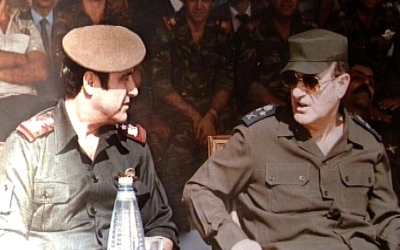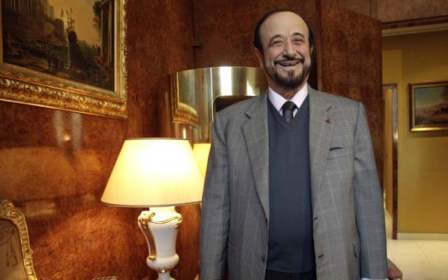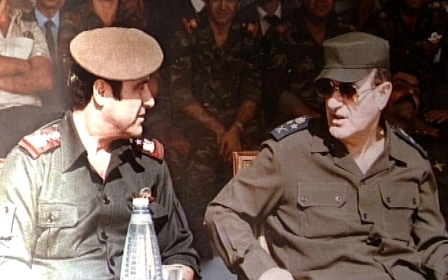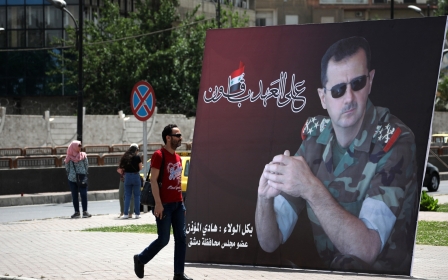Rifaat al-Assad begins appeal against French corruption conviction
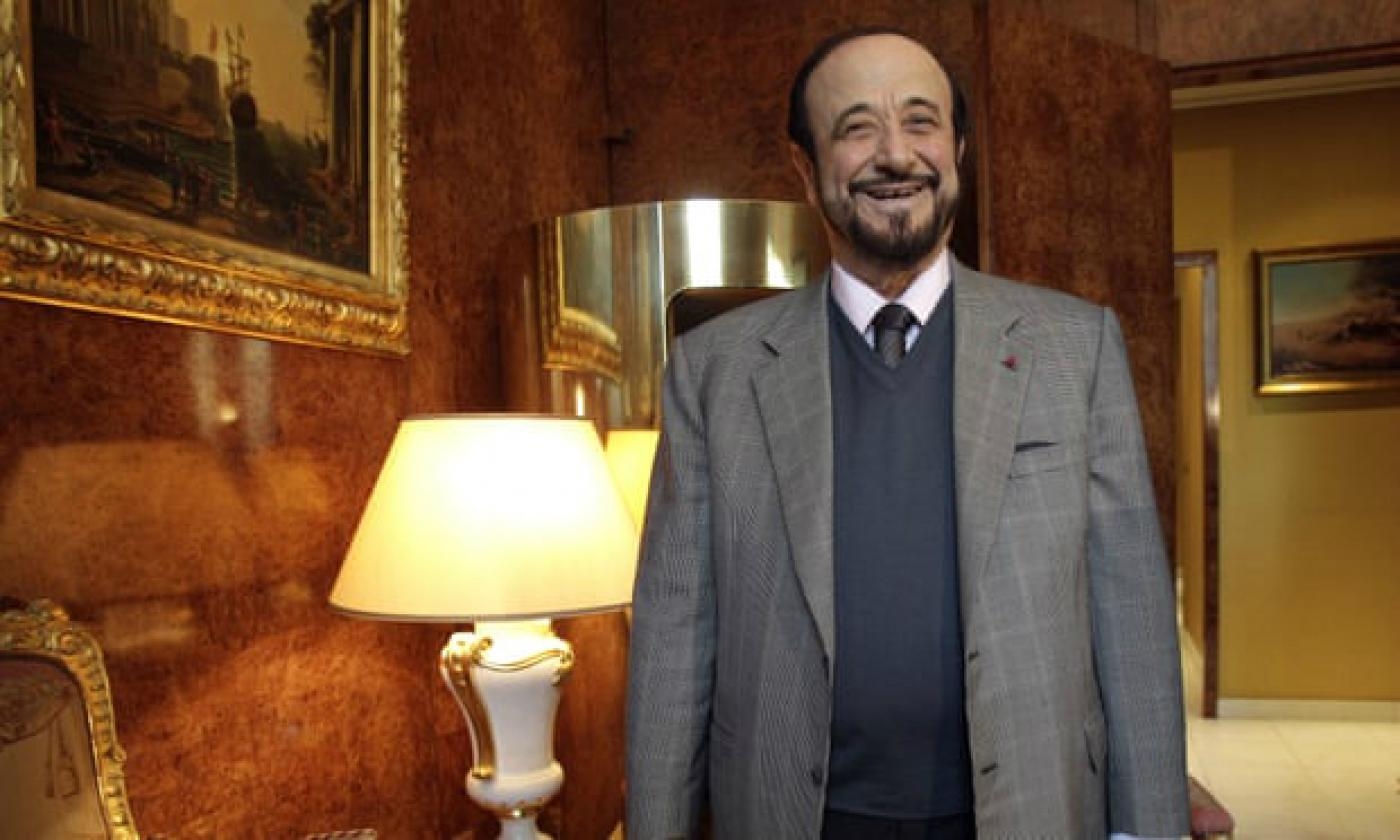
A French court on Wednesday began hearing an appeal by Rifaat al-Assad, the exiled uncle of Syrian President Bashar al-Assad, following his conviction last year on money laundering charges related to the alleged embezzlement of Syrian state funds.
The high court in Paris sentenced Rifaat al-Assad, who is now 83, to four years in prison last June following a financial investigation by prosecutors dating back to 2013.
It ordered the seizure of property and assets in France valued at 90 million euros ($101m) and property in the UK valued at 29m euros ($32.6m).
Assad, the younger brother of late Syrian President Hafez al-Assad and a former vice-president and senior official in Damascus, denies all the charges against him. Middle East Eye understands that he is currently in Paris but will not attend the court of appeal hearing due to ill health.
He says that much of his wealth derives from property and financial support given to him over decades by Saudi Arabia's late King Abdullah, a relation by marriage, after he was forced to leave Syria in 1984 over accusations that he had tried to organise a coup against his brother.
Assad's conviction last year was hailed by anti-corruption campaigners who were involved in building the case against him.
“Rifaat al-Assad’s trial provides an opportunity to denounce and erode the impunity so far enjoyed by public and political figures involved in economic crime and money laundering,” said Sandra Cossart, executive director of Sherpa, an anti-corruption organisation that originally brought the legal complaint against Assad in 2013, ahead of Wednesday's appeal.
Sherpa and Trial International, another NGO involved in the case, earlier this year called on French President Emmanuel Macron to strip Assad of the Legion d'Honneur medal awarded to him by President Francois Mitterand in 1986.
'Perfectly legal'
But Assad's lawyers argue that his wealth is “perfectly legal” and that prosecutors have presented no evidence to back up allegations of misappropriation of public funds.
They say they have presented evidence of cheques and money transfers from King Abdullah totalling $50 million, as well as witness statements, including from a wife of the late king and a former head of French intelligence, and other evidence testifying to the extent of financial support and property gifted to Assad by the Saudi royal.
They say he has also been prosecuted unfairly under France's so-called “ill-gotten gains” laws targeting tax evasion by foreign plutocrats and dignitaries. These require those under investigation to provide proof of the provenance of their wealth.
Assad's lawyers argue that much of his fortune was acquired before the legislation was introduced in 2013 and that detailed financial records from the period no longer exist.
They also argue that the case against Assad was politically motivated and “instrumentalised” by his enemies at a time when he was involved in talks with Russian officials and Syrian opposition circles, and his nephew appeared to be in real danger of being ousted from power in Damascus.
Those interviewed by prosecutors included Mustafa Tlass, Syria's defence minister from 1972 to 2004, and Abdul Halim Khaddam, Hafez al-Assad's former foreign minister and vice-president who defected to Syrian opposition factions in 2011.
Both accused Assad of stealing public money but offered strikingly different testimonies.
Tlass said Assad and security forces under his control raided Syria's central bank, taking away pallets loaded with banknotes before leaving the country in 1984. Prosecutors conceded during the trial that they had dismissed Tlass's testimony as a "hypothesis".
Khaddam accused Assad of receiving hundreds of millions of dollars in state funds as part of a secret deal with his brother to leave the country. Defence lawyers pointed out discrepancies in Khaddam's evidence - including varying figures cited of $300m and $500m - and suggested that he was an "historic opponent" of Assad.
Both men are now dead. Tlass died in 2017 and Khaddam in March 202o.
Once close to his brother, Assad was pushed into exile in 1984 with an entourage of about 200 other officers and officials, initially travelling to Russia and Switzerland before settling in France with Mitterrand's blessing.
Assad returned to Syria in the 1990s for his mother's funeral and retained the title of vice-president until 1998, when he was forced to leave once again as his ailing brother sought to ensure a smooth transition of power to Bashar after his death.
He is a former commander of a notorious paramilitary force, the Defence Brigades, which has been accused by human rights organisations of committing war crimes including during the suppression of a Muslim Brotherhood-led uprising in the city of Hama in 1982 in which thousands are estimated to have died. Assad has denied responsibility for the massacre.
The appeal hearing is expected to continue until 14 May.
This article is available in French on Middle East Eye French edition.
Middle East Eye delivers independent and unrivalled coverage and analysis of the Middle East, North Africa and beyond. To learn more about republishing this content and the associated fees, please fill out this form. More about MEE can be found here.


